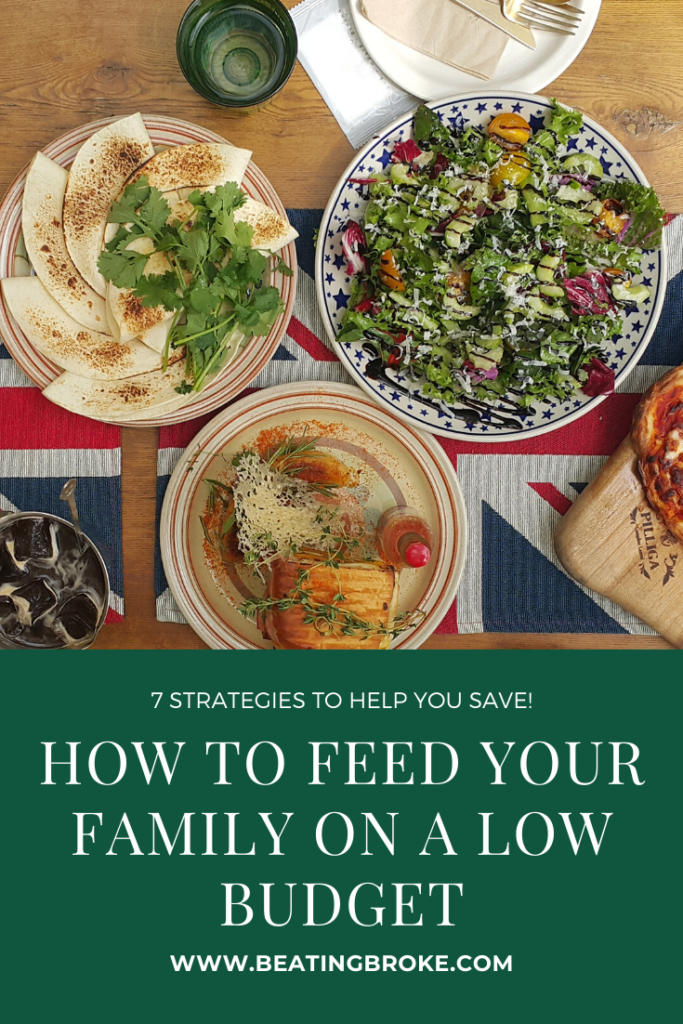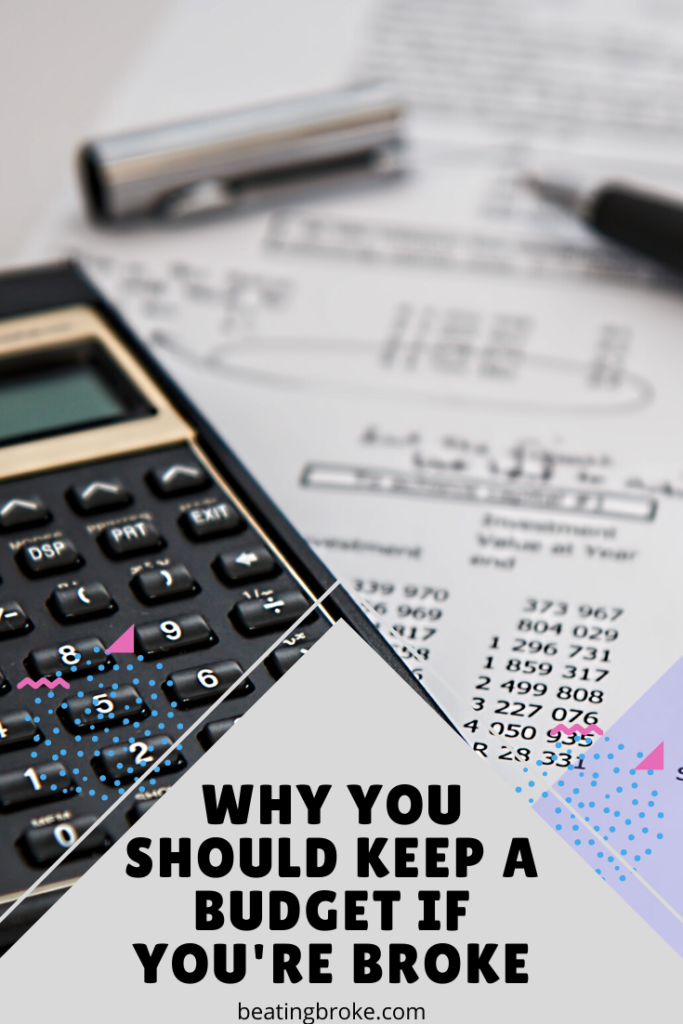If you have a low income or you’re paying down debt, saving for retirement or college, or just want to be a good steward of your money, you may want to keep your grocery budget as low as possible. According to the USDA, the average cost to feed a family of four for a month based on their thrifty guidelines is approximately $646.80. You may be wondering how to feed your family on a low budget and spend less than or equal to the USDA’s thrifty guidelines. Doing so is challenging, but it can be done. Here are some strategies that will help you:

Cook at Home
Eating out will cost you more, plain and simple. If you’re trying to keep your food bill in check, cook at home for all of your meals. You’ll save hundreds of dollars a month by choosing to eat at home versus eating at a restaurant.
Get Back to the Basics
You can eat nutritiously without breaking the bank. Find simple recipes that nourish your body and save you money. Some examples include vegetarian soup, noodle soup, chili, spaghetti, etc. Make sure that you serve a generous side (or two or three) or fruits and vegetables to stretch your main dish.
Use Low Cost Proteins

If you’re on a budget, you likely won’t be eating steak. Instead, go for the cheaper types of proteins such as ground meat, chicken legs and thighs, beans, tofu, and cheese.
Use Healthy Carbohydrate Fillers
When you’re eating carbs at a meal, choose the least expensive but still nutritious carbs such as brown rice and sweet potatoes or Russet potatoes. Remember, carbohydrates have a place in your meal, but you likely don’t want the majority of your meals to be based around carbs. Instead, also focus on fruits and vegetables.
Consider Growing a Veggie Garden
If you’re able, consider growing a vegetable garden. You don’t need a lot of space to do this. If you have no space, consider an herb garden that you can grow on your kitchen window sill. If you’re in an apartment or have a small yard, you can grow some veggies in pots on your patio or balcony. Be creative!
Utilize Frugal Websites
Have a few frugal recipe websites in your repertoire to save. Sites like Budget Bytes, Good Cheap Eats, and $5 Dollar Dinners have delicious, healthy, frugal recipes. Consult these sites regularly for new ideas. All of these sites also have vegetarian recipes, which will help you save by limiting your meat consumption.
Make a Few Freezer Meals
If you make a meal and have ample leftovers, consider freezing some of it. Also, when you make a meal, you can intentionally make extras by doubling the recipe. Then put one serving in the freezer. Freezer meals are the perfect way to help you save money when you have a busy day and don’t have time to cook or when you have an unexpected event such as a child who is sick so you can’t get to the store.
Final Thoughts
Learning how to feed your family on a low budget is possible, you just have to be strategic when it comes to grocery shopping and meal planning.



